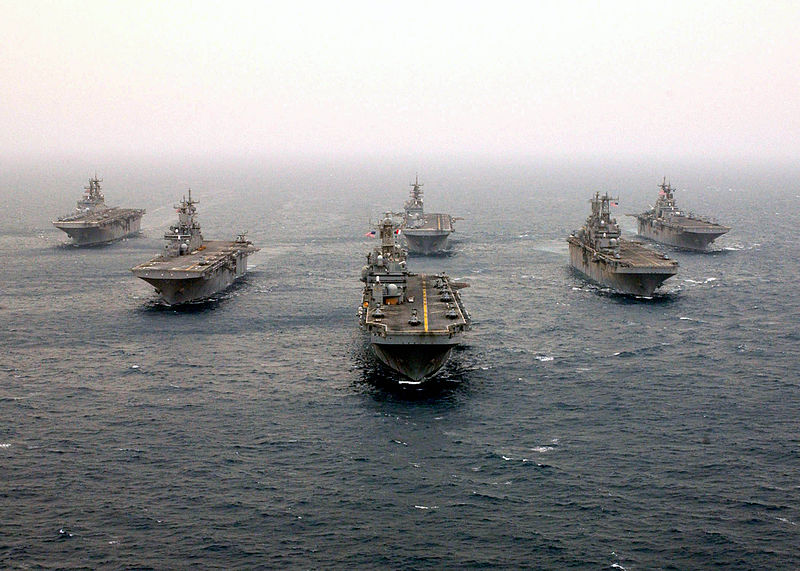
Isaac raked the Gulf Coast with punishing winds and relentless rain, causing flooding that overtopped a levee south of New Orleans on Wednesday, the seventh anniversary of Hurricane Katrina.
Plaquemines Parish spokesman Caitlin Campbell said water was running over an 18-mile stretch of the levee early Wednesday and that some homes had been flooded. The levee, one of many across the low-lying coastal zone, is not part of New Orleans’ defenses.
The Louisiana National Guard and others have rescued up to 75 residents stranded on the east bank of Plaquemines Parish from Braithwaite to Whiteditch, where 12 feet of water filled that community, parish officials said. There was a mandatory evacuation order issued for this area three days ago.
Downgraded Wednesday afternoon to a tropical storm with winds at 70 mph, Isaac is skirting the southern coast of southeastern Louisiana, drenching a sparsely populated neck of land that stretches into the Gulf of Mexico. The most devastating impacts across the three states bordering the Gulf were still to come. The slow-moving storm chugged along on a track that took it to the west of New Orleans.
Isaac dumped more than 12 inches of rain in parts of the region and winds gusted 60 to 70 mph. Jon Erdman, senior meteorologist at The Weather Channel, said Isaac will likely dump more rain over parts of Louisiana and Mississippi than Katrina did. Storm surge has been measured up to 10 feet around New Orleans, and up to six feet along the Mississippi coast.
“We’ve got waves of rain pushing out into the streets,” said meteorologist Jim Cantore of The Weather Channel, reporting from Canal Street in New Orleans, where he measured wind gusts at 84 mph.
Mitch Landrieu, mayor of New Orleans, said the levees and pumps — bolstered by $14 billion in federal repairs and improvements after the catastrophic failures during Katrina — are holding and working as expected.
“We don’t expect any breaches. We don’t see any danger whatsoever,” Landrieu said.
The Weather Channel has the full article











